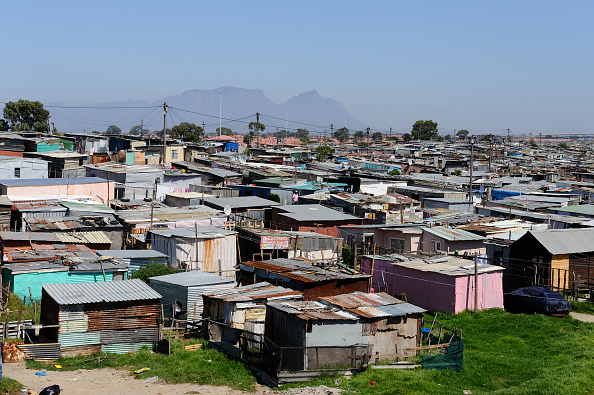
South Africa’s population increases to 58.8 million

The South African population has risen to 58.8 million from 57.9 million in 2018, an increase of 1.55%, according to a 2019 mid-year population estimates report released on Monday.
The report by Statistics South Africa revealed that women are the slight majority edging men by 51% to 49%. Additionally, about 28.8% of the population is aged 15 years or below and about 9% of the population is 60 years or older. Statistics South Africa noted that the number of elderly persons (60 and above) is increasing with time.
Statistics South Africa said in a report in May that the unemployment rate among the youth aged 15-24 stood at 55.2% in the 1st quarter of 2019.
According to the report, South Africa’s black African population is the majority at 47.4 million (81%) followed by coloureds at 5.2 million (9%), whites at 4.6 million (8%) and Indians/Asians at 1.5 million (3%).
Statistics South Africa Statistician General Risenga Maluleke said that births remained the main factor behind the country’s population growth, with the government recording 1.2 million births by mid-2019.
Maluleke added that the population figures were impacted by deaths and immigration, with 500,000 deaths and a net migration of 200,000 people recorded in the same period.
Meanwhile, the report said that females born in 2019 are more likely to live longer than males with the life expectancy estimated at 67.7 years and 61.5 years respectively. Infant mortality rate for the year stood at at 22.1 per 1,000 live births.
An estimated 7.97 million South Africans are living with HIV, according to the report, with the government noting that improved access and uptake of antiretroviral drugs (ARVs) has led to healthier and longer lives.
UNAIDS says South Africa has the largest HIV epidemic in the world recording about 270,000 new HIV infections and about 110,000 AIDS-related deaths in 2016.






